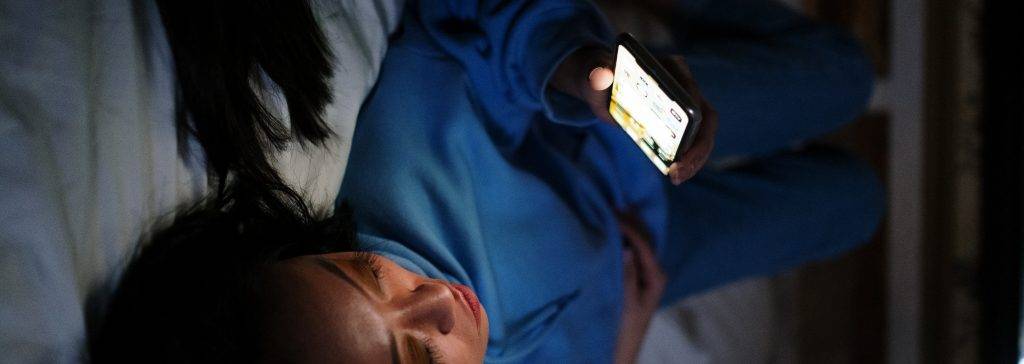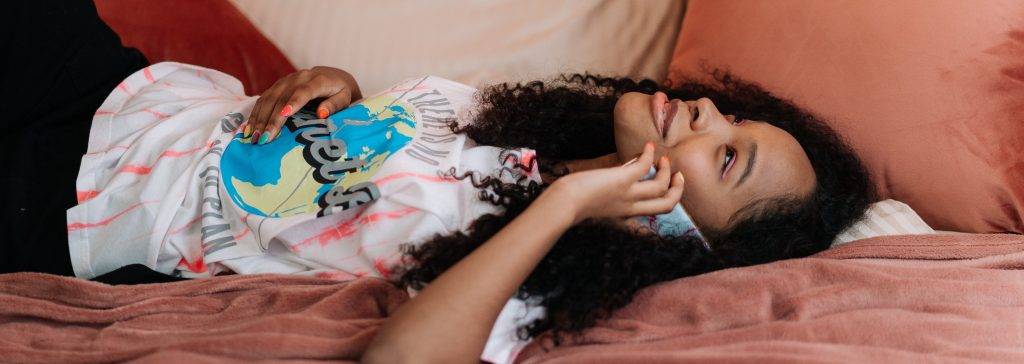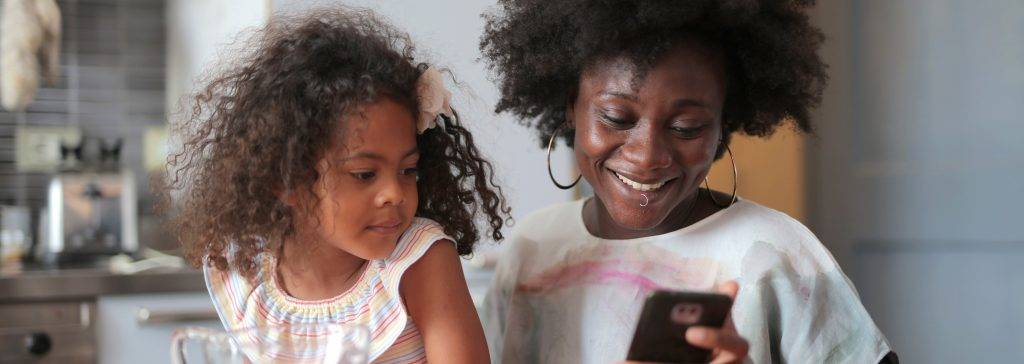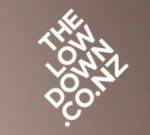With the increase in popularity of so many social media sites, teenagers and even younger children are tuning in each day to see what’s going on. Sometimes they see funny videos but often they see people arguing. There seems to be more negative content on social media sites such as Facebook. It’s not uncommon to encounter angry comments.
Researchers are trying to determine how this is affecting younger children and teens. The University of Otago recently completed a study that shows that our dreams and sleep cycles are being affected by social media.
Healthy Teens
Dr. Damian Scarf, of the Department of Psychology, reminds everyone that the mental health of adolescents and young adults can be impacted by insomnia. When kids don’t get enough sleep, they’re cranky. They can’t focus. They don’t do well in school. Good sleep and wholesome, nourishing food are both important for children. When kids lack in either, they’re more prone to depression.
Some studies have shown that kids can become suicidal if sleep-deprived or if their diet is deficient. This is something that most parents are well aware of. Children simply do better if they grow up in a stable, supportive environment. They need a good night’s sleep each night and healthy food to eat.
An international journal called Cyberpsychology, Behavior, and Social Networking found that sleep quality is a risk factor for depression and suicidal thoughts and behaviours.
In the article, Dr. Scarf says, “Parents and young people should ensure they have good sleep hygiene, like stopping social media use at a specific time each day and not accessing social media when in bed.”
Research into Social Media Use
In this study, researchers took a look at the behaviors of 132 tertiary students. Half of them limited their use of popular apps like Snapchat, Instagram and Facebook to just ten minutes per day for each one. Though the changes only made a small impact on the students, they found that the changes were due to the fact that the students slept better whenever they limited their access to social media sites. Sleep quality improved, triggering overall improvements in their quality of life.
Dr. Scarf believes that parents should focus more on making sure their kids are getting plenty of sleep each night. Though exposure to too much social media content can cause anxiety for kids, their sleep quality seemed like a more important issue.
“However, rather than becoming preoccupied with their social media use and trying to keep up with the emergence of new platforms, such as Tik Tok, parents should focus on sleep,” Dr. Scarf says.
Kids are Impressionable
Sarah Graham, Ph.D. candidate and co-author of the study said that social media content can have a greater impact on some children. Some kids are just naturally more affected by the things they see and hear than others. This has to be taken into account as well.
She said this: “Although we did not see large impacts of social media overall, it is important to keep in mind that some young people may be more impacted by social media than others. An image-based platform like Instagram may become problematic for young females that have poor body image. So, parents should be wary of factors that may make their teenager more sensitive to social media content.”
It’s good to remember that children are just naturally more susceptible to things in life. They’re more impressionable. The things they see and hear can stick with them longer. That’s why parents should monitor their children’s activities online. Though there are so many educational things online, there are also dangers present.
Monitoring Social Media
Just as parents are responsible to make sure their kids have a stable home and nourishing food, they’re also responsible to ensure that children are not exposed to negative or harmful content online. This includes monitoring their use of the internet, so it doesn’t get out of hand. It’s easy for adults and children to slip into adverse habits when it comes to spending time on social media sites.







